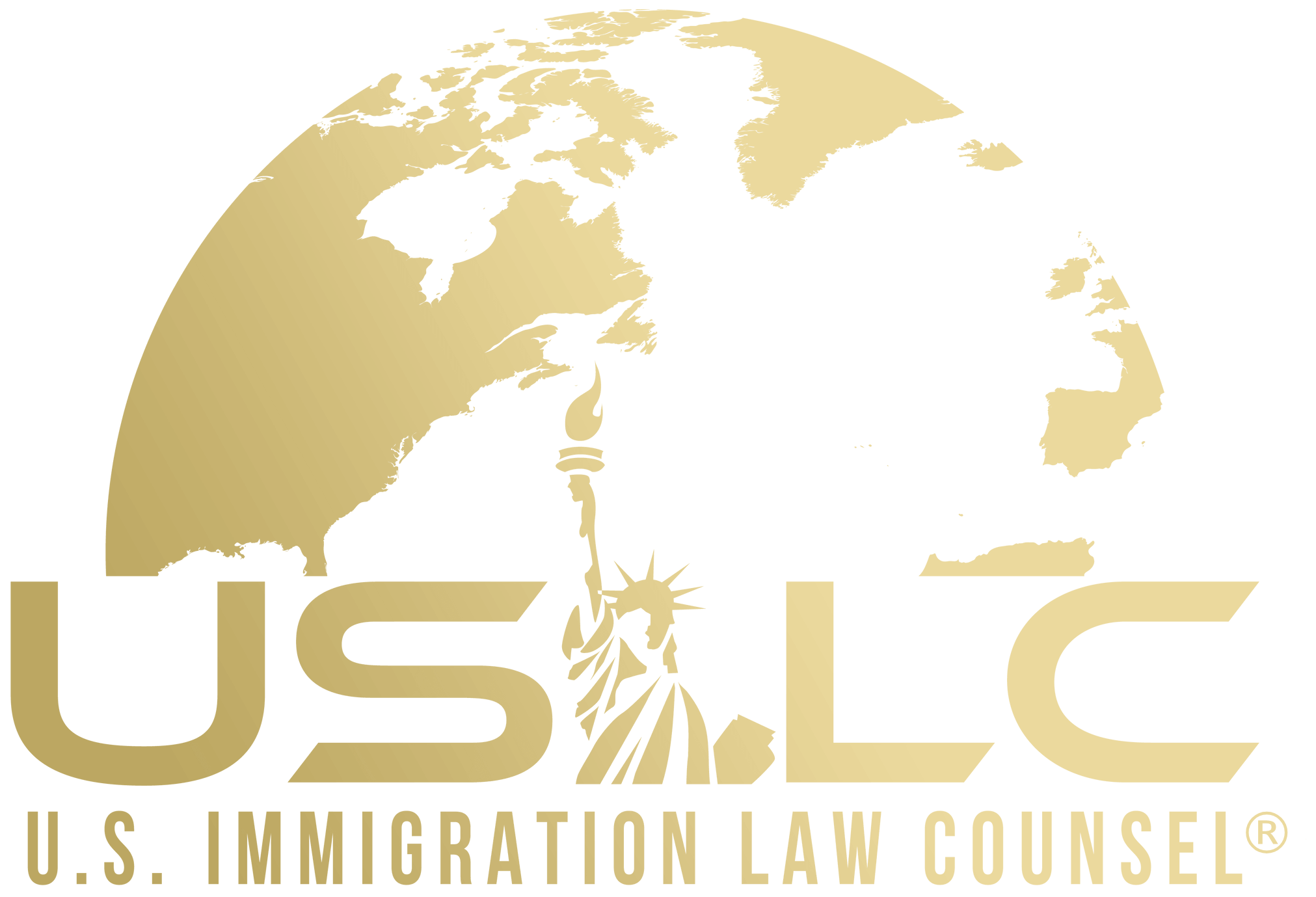Every year, many immigrant workers in Florida look to build a lasting life in the United States. If you’re one of them, you may be thinking of securing permanent residency, commonly known as a Green Card, through employment. This pathway can be an excellent way to solidify your place in the U.S. But it can be a complex process that can necessitate having an immigration lawyer at your side. Let’s explore the primary employment-based Green Card categories, their eligibility criteria, and how you can navigate the journey to permanent residency.
Before diving into the specifics, it’s crucial that you know that there are several employment-based categories for obtaining a Green Card. Each has its own set of criteria, and each is designed for specific types of workers or professionals.
EB-1 Visa: Priority Workers
The EB-1 visa is specifically tailored for “priority workers,” who have either demonstrated extraordinary achievements or hold significant positions in academia or multinational companies. Getting this visa status means recognition and validation of your unparalleled contributions to their respective fields. Securing an EB-1 visa doesn’t just offer you a more streamlined route to a Green Card—it also stands as a testament to your exceptional skill set and influence within your profession.
Eligibility Criteria:
Extraordinary Ability: If you’re aiming for this category, you need to showcase your exceptional achievements. This might mean presenting evidence of a noteworthy one-time achievement like a major international award. Or you can provide substantial documentation that fulfills at least three out of 10 set criteria, highlighting consistent recognition in your field. Getting this visa signifies your unparalleled contributions to arts, science, business, athletics, or education.
Outstanding Professors and Researchers: To fall under this category, you need more than just teaching or research experience. You should have a track record spanning at least three years, showcasing your profound influence on your field. Moreover, it’s essential for you to have an offer for a permanent research position or a tenure-track teaching role. This visa speaks to your contributions in molding the next generation of professionals or adding significant research to your field.
Multinational Manager or Executive: It’s not easy to climb the corporate ladder to managerial or executive positions in multinational companies. To qualify for this category, you should have held such a position with a U.S. employer for at least one year within the last three. This visa acknowledges your pivotal role in steering large businesses and contributing to the global market.
EB-2 Visa: Professionals with Advanced Degrees or Exceptional Ability
The EB-2 visa category can open doors for you if you have either marked your excellence with advanced academic degrees, or showcased remarkable talents in sciences, arts, or business. This visa recognizes that you have used your advanced knowledge to influence your domain. Being eligible for an EB-2 visa reinforces your dedication to your profession and hints at the substantial potential you bring to the U.S. workforce.
Eligibility Criteria
Advanced Degree: Holding an advanced degree isn’t just about your academic achievement—it’s about the dedication and specialized knowledge you bring to the table. Whether you possess a U.S. advanced degree, its foreign equivalent, or a U.S. bachelor’s degree plus five years of progressive work experience, this visa can be your key to furthering your career in the U.S.
Exceptional Ability: Exceptional ability goes beyond mere expertise. It’s about standing out, pioneering change, and setting benchmarks. This visa category seeks to recognize and reward those individuals whose expertise exceeds the ordinary and has proven beneficial to their domain.
EB-3 Visa: Skilled, Unskilled Workers, and Professionals
The EB-3 visa is a beacon of hope for many workers, spanning from skilled professionals to those with less specialized training. Recognizing the importance of diverse talents and skills necessary for a holistic workforce, the U.S. immigration system offers this visa to ensure a balanced range of talent comes into the country. Whether you’re a technician, craftsman, or a general worker, the EB-3 category respects the value each individual brings to the American labor market.
Eligibility Criteria
Skilled Workers: Skilled worker roles are about more than expertise—they’re about the years of commitment and training you have invested. To get to this category, you should have meticulous attention to detail and a comprehensive understanding of the domain, requiring at least two years of dedicated job experience or rigorous training.
Professionals: Securing this visa isn’t merely about holding a degree. To be eligible for this category, you should hold a U.S. bachelor’s degree or its foreign equivalent, which underlines your commitment to academic excellence and showcases your readiness to contribute to the professional landscape of the U.S.
Unskilled Workers (Other Workers): Regardless of the skill requirement, every job role is pivotal for the smooth functioning of an economy. Though these positions might demand less than two years of training or experience, they play an indispensable role in several industries. This visa acknowledges the effort and significance of every worker, regardless of the complexity of their job.
Navigating the Green Card Process
Step 1: Labor Certification: Labor Certification isn’t merely about paperwork—it’s a declaration of your employer’s genuine need for foreign expertise. Before US Citizenship and Immigration Services can consider an employment-based Green Card, the U.S. employer backing you must get this certification from the Department of Labor. It ensures that local U.S. workers aren’t overlooked, and that the company isn’t just seeking cheaper labor. The certification states that you’re filling a genuine vacancy that local talents can’t fill, and that your employment won’t adversely affect U.S. workers.
Step 2: Form I-140, Immigrant Petition for Alien Worker: Once you secure Labor Certification, your employer must file Form I-140 on your behalf. This form is about proving the legitimacy of your job offer, as well as establishing that the company possesses the financial strength to pay the proposed wage. It’s an essential part because it asserts the genuine intentions of both you and your employer.
Step 3: Adjustment of Status (Form I-485): With the I-140 approved and a visa number in hand, the real journey begins. If you’re on U.S. soil, you can now request an adjustment of your status to a permanent resident. If you’re outside the U.S., the process shifts to consular processing in your home country. This final step is your transition from being a hopeful applicant to an almost American resident.
The Importance of Legal Counsel
Navigating the U.S. immigration system can be daunting. Mistakes or misunderstandings can lead to delays or denials. To ensure you understand every aspect of your case and to increase your chances of success, having an experienced visa lawyer by your side is invaluable. They can provide personalized guidance tailored to your unique situation, ensuring you’re on the best path to achieving your American dream.
Contact a Florida Immigration Attorney
Do you have questions about your Green Card process in Florida? Then contact U.S. Immigration Law Counsel® through our website or by calling 1-800-666-4996. We deal with the government, so you don’t have to. We look forward to helping you at this time.





